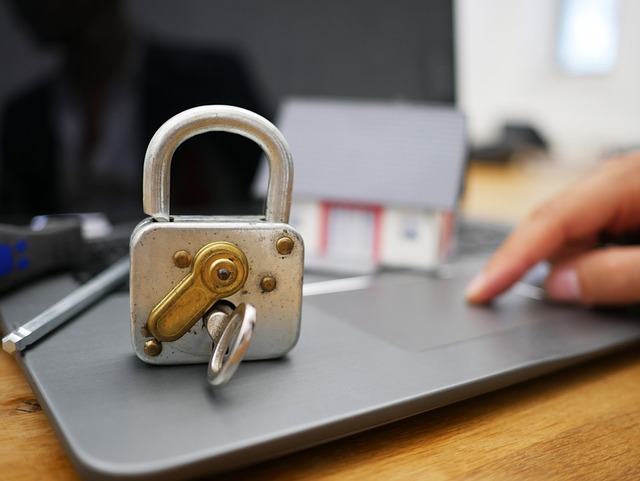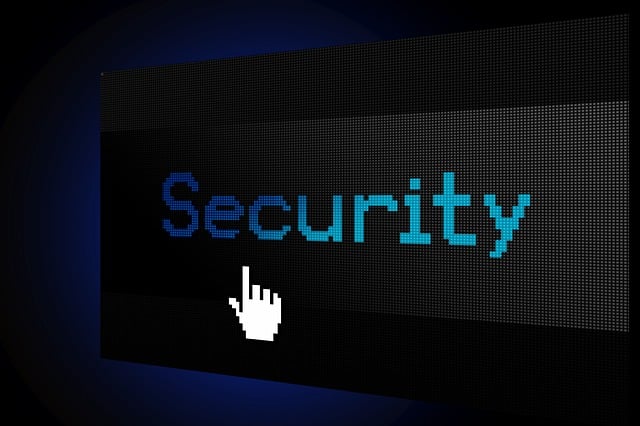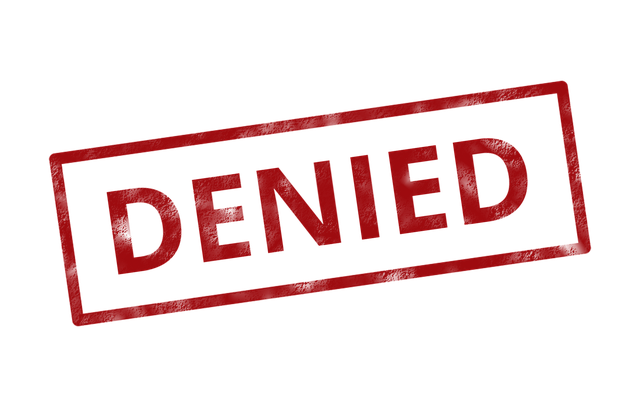Running a home-based business requires tailored insurance coverage to mitigate unique risks, offering protection against property damage, theft, liability claims, and potential bankruptcy. Specialized policies include professional liability, cyber liability, business interruption, and general liability insurance. These coverages provide peace of mind, enabling owners to focus on growth while managing legal and financial risks. Key aspects involve understanding local regulations (like Workers' Compensation), assessing online risks with Cyber Insurance, and choosing reputable providers who offer comprehensive protection tailored to your business needs.
Starting a home-based business is an exciting venture, but it comes with unique risks. Understanding Insurance Policies for Home-Based Businesses is crucial for any entrepreneur. This guide navigates the essential coverage options designed to protect your assets, from property and equipment to liability and cyber threats. By delving into types like workers’ compensation, business interruption, and professional liability, you’ll gain insights to safeguard your thriving home venture against unforeseen challenges.
Understanding Home-Based Business Insurance: Why It's Essential

Running a home-based business comes with unique challenges and risks that traditional employment doesn’t. As your business grows, so does the need for comprehensive insurance policies tailored to protect your assets, liability, and income streams. Home-based business insurance is more than just a safety net; it’s a strategic investment ensuring you’re prepared for unforeseen circumstances. These can range from property damage or theft to professional liability claims resulting from errors or omissions in your services.
Without adequate coverage, a single incident could cripple your business, disrupt cash flow, and even lead to bankruptcy. Insurance policies for home-based businesses are designed to offer peace of mind by mitigating these risks. They provide financial protection against legal battles, medical expenses, and the cost of rebuilding or replacing damaged property, allowing you to focus on running your business smoothly and efficiently.
Types of Insurance Policies Available for Home Businesses

When it comes to insuring your home-based business, there are several types of insurance policies designed to protect different aspects of your enterprise. Start by assessing what unique risks your business faces. For example, if you offer services that require travel or client visits, professional liability insurance can shield you from claims of negligence. If your business involves handling valuable inventory or sensitive data, consider property and cyber liability insurance to safeguard against theft or data breaches.
Business interruption insurance is another crucial option, offering financial protection if your home business must close temporarily due to covered events like natural disasters or civil unrest. Depending on the nature of your operations, you might also want to explore general liability insurance to cover accidents or injuries that occur on your premises. By tailoring these insurance policies to your specific needs, you can create a robust safety net for your home-based business.
Protecting Your Property and Equipment: What You Need to Know

Running a home-based business comes with unique risks that traditional insurance policies might not adequately cover. Protecting your property and equipment is a crucial aspect of mitigating these risks. Insurance for home-based businesses often includes specific clauses to safeguard your workspace, tools, and inventory from damage or theft. This coverage can extend to natural disasters like fire, flood, or severe weather, which can cause significant interruptions to your operations.
When considering insurance policies for home-based businesses, it’s essential to understand the different options available. Policies may vary in terms of what they cover and the level of protection offered. Some policies might include liability coverage, which protects you against claims related to injuries or property damage sustained by customers or clients who visit your workspace. Understanding these intricacies can help ensure that your home-based business is adequately insured, providing peace of mind as you focus on growing your venture.
Liability Coverage: Shielding Yourself from Legal Risks

When running a home-based business, it’s crucial to have liability coverage as part of your insurance policies. This is essential to protect yourself from potential legal risks and financial losses that may arise due to accidents, property damage, or personal injuries on your premises. For instance, if a client visits your home office and slips on a floor, they could sue for damages. Liability insurance can cover medical expenses and legal fees associated with such incidents.
Choosing the right insurance policies for home-based businesses involves understanding what’s covered in each policy. Look for general liability insurance that compensates you for claims of bodily injury or property damage to customers or visitors. Additionally, professional liability insurance (also known as errors and omissions coverage) can shield you from financial harm if a client sues over issues related to your professional services, such as faulty work or missed deadlines.
Workers' Compensation Insurance: A Legal Requirement for Home Offices

When running a home-based business, it’s crucial to understand the legal requirements and risks involved. One often overlooked yet critical aspect is Workers’ Compensation Insurance. This type of insurance is not just a good practice; it’s a legal mandate for many businesses, including those operating from home offices. The need arises because, despite the remote setting, accidents and injuries can still occur, and this insurance provides coverage for medical expenses and lost wages for any employees hurt on the job.
Home-based business owners must stay informed about local and state regulations regarding Workers’ Compensation. Failure to comply can result in severe penalties and legal issues. Fortunately, many insurance policies for home-based businesses now include Workers’ Compensation as part of their coverage, offering peace of mind and protection against potential financial burdens related to employee injuries.
Business Interruption Insurance: Ensuring Continuity During Setbacks

Business Interruption Insurance is a crucial component of any home-based business insurance policy, offering vital protection against unforeseen events that could disrupt your operations. This type of coverage steps in when something unexpected happens, like a natural disaster or a cyberattack, forcing you to close down temporarily. By having this insurance, you’re not just getting financial support during the interruption; you’re also securing your business’s continuity and reputation.
Imagine a scenario where a severe storm damages your home office, rendering it uninhabitable for an extended period. Without Business Interruption Insurance, you might struggle to meet expenses while waiting for repairs. But with this coverage, your insurance policy can provide funds to maintain operations, such as paying employees and essential business expenses, ensuring that your business can bounce back faster than ever before.
Cyber Insurance: Safeguarding Against Digital Threats

In today’s digital era, home-based businesses are not just limited to traditional brick-and-mortar operations; they often deal with sensitive customer data and conduct transactions online. This exposure comes with a unique set of risks, which is why Cyber Insurance has become an essential component of comprehensive insurance policies for Home-Based Businesses. Unlike typical business insurances that cover physical assets, cyber insurance protects against digital threats such as data breaches, ransomware attacks, and phishing scams. These incidents can lead to significant financial losses, legal liabilities, and damage to the reputation of a home-based business.
By investing in cyber insurance, entrepreneurs can safeguard their businesses from these emerging perils. This type of coverage often includes incident response services, forensic investigations, and legal defence costs. It ensures that your business is equipped to respond swiftly and effectively should a cyber attack occur, minimising potential downtime and financial impact. Additionally, many policies offer protection against loss of income due to disruptions caused by cyber events, providing peace of mind for home-based business owners.
Additional Considerations: Professional and General Liability

When evaluating insurance policies for home-based businesses, it’s crucial to consider both professional and general liability coverage. Professional liability insurance, also known as errors and omissions (E&O) coverage, protects against claims related to the specific services you provide. For instance, if you’re a graphic designer, this type of insurance would cover any mistakes or omissions in your design work that cause financial loss or legal issues for your clients. General liability insurance, on the other hand, covers accidents, injuries, and property damage that may occur on your premises as a result of your business activities. This includes situations like a slip-and-fall incident involving a client or damage to a neighbor’s property caused by construction work being done out of your home office.
Both types of liability coverage are essential components of a comprehensive insurance policy for home-based businesses. They offer financial protection against potential claims, providing peace of mind and safeguarding your personal assets. By understanding these additional considerations, you can ensure that your insurance policy aligns with the unique risks associated with operating a business from home.
Choosing the Right Insurance Provider for Your Home-Based Venture

When selecting an insurance provider for your home-based business, it’s crucial to consider several factors. Look for companies that specialize in insuring small businesses or home offices as they often understand the unique risks associated with different ventures. Compare various insurance policies for home-based businesses to ensure you’re getting comprehensive coverage tailored to your specific needs.
Research their reputation, customer reviews, and claims handling process. A reliable provider should offer a range of options, including liability, property damage, and business interruption coverage. They should also be able to provide clear explanations of policy terms and help you navigate any complexities, ensuring you’re adequately protected for whatever comes your way.
